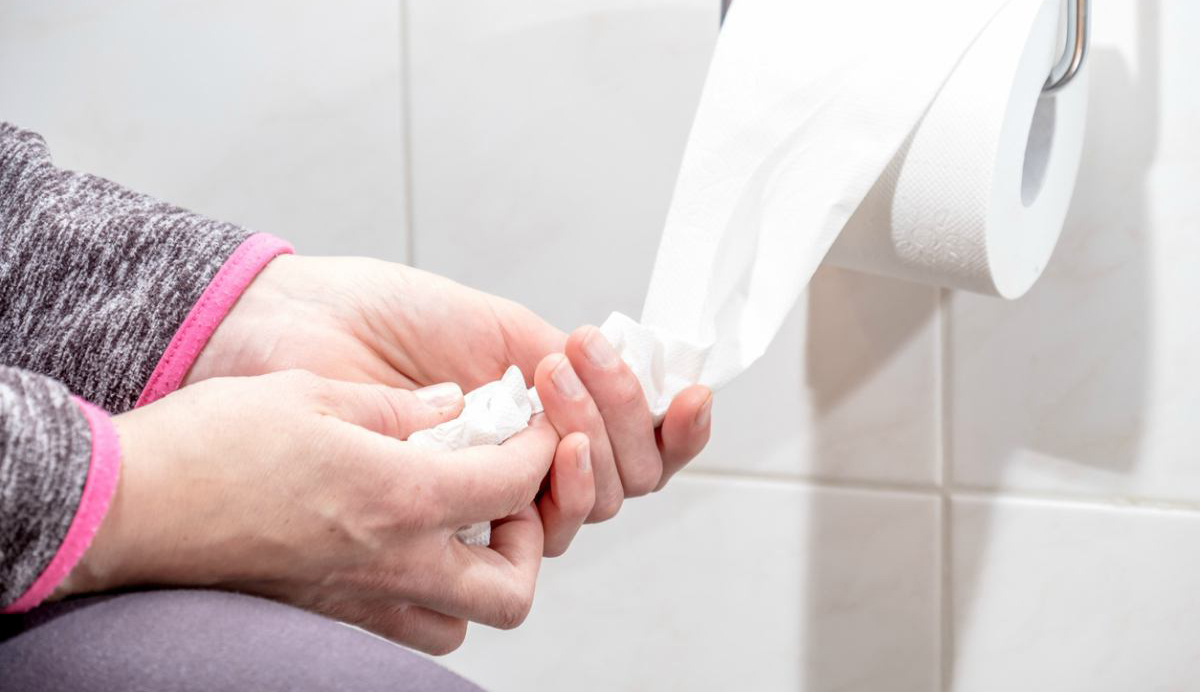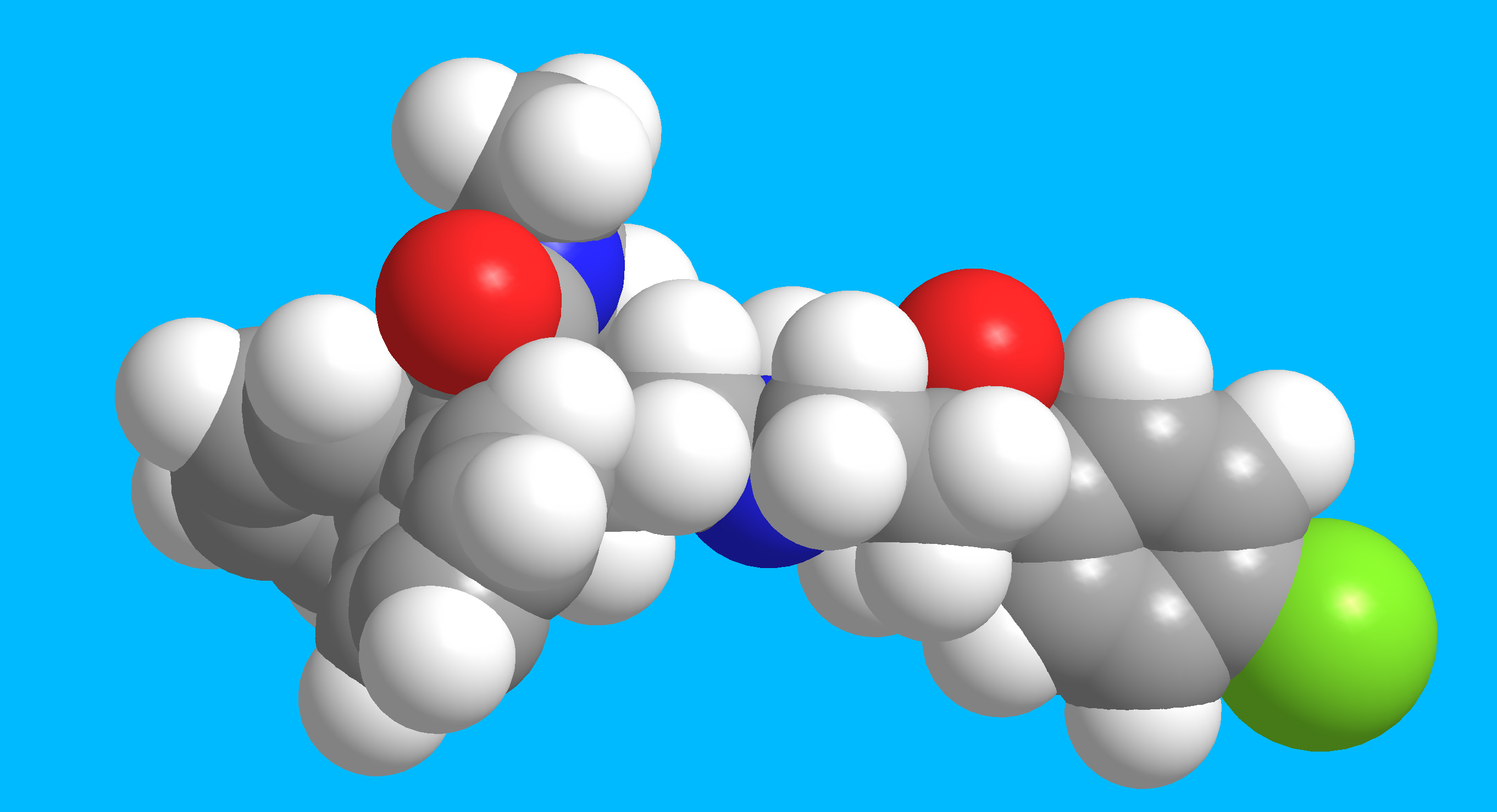Antidiarrheal medicines are one of the drugs that should be part of the first aid kit for basic care.
The loperamide is one of those mediamentos, active principle that, although it is not the only one for the treatment of diarrhea, it is one of the most known by the population.
Loperamide cinfa 2 mg hard capsules is used for the symptomatic treatment of occasional diarrhea. It is a derivative of haloperidol that adheres to the opiate receptor of the intestinal wall, decreasing the release of chemical mediators such as acetylcholine and prostaglandins, decreasing the peristalsis; it also acts on the circular and longitudinal muscle fibers of the intestine.
Loperamide is an effective drug against diarrhea caused by gastroenteritis or inflammatory bowel disease.
In most countries it is available under medicines with commercial names such as Fortasec, Lopex, Imodium, Dimor, Loperam, Salvacoll, Lomotil, Antilax and Pepto Diarrhea Control. It was discovered by the company Janssen Pharmaceutica (today Janssen-Cilag) in 1969. The main capacity of this active ingredient is to decrease the motility of the intestine. It works by stopping the activity of the plexus which decreases the circular and longitudinal motility of the smooth muscle of the walls of the intestine. This causes the residence time of the substances in the intestine to be increased, allowing more water to be absorbed in the fecal matter. Loperamide also lowers movements in the colonic mass and suppresses the gastrocolic response.
To help the intestine have better functioning and for diarrhea, we must take into account the diet, such as well-cooked fruits and vegetables such as potatoes, squash, rice, apple or banana; as well as water-rich foods such as gelatin and vegetable soup with vegetables; also plenty of water, coconut water and homemade whey to replenish the mineral salts lost during diarrhea.

Loperamide does not cross the blood-brain barrier, which is the barrier that separates the body from the brain, therefore it does not have cerebral effects like a habitual opioid, but it does cause the effect of constipation in the intestine, which is useful for cases of diarrhea acute as well as for the dehabituation of opioids by not causing addiction.
Mechanism of action
Loperamide is absorbed only in small amounts in the gastrointestinal tract, with an approximate oral absorption of 3%. Its distribution in the gastrointestinal tract is 85%, in the liver 5% and in other tissues from 0.04 to 0.2%. It does not cross the blood-brain barrier. It is metabolized in the liver and approximately 50% of the dose administered orally is excreted without changes in the stool.
Excretion: Renal excretion is approximately 1%, in feces of 25-40%. The elimination half-life is approximately 7 to 15 hours.
Its administration in adults can be done initially during the diarrheal attacks of 4 mg per dose, followed by 2 mg after each deposition until reaching a maximum of 16 mg per day.
This medicine should not be given if you have a fever or if the stools show traces of blood. It is not advisable to take this medication for more than two days in a row, under no circumstances should it be administered to a child under 6 years of age without a doctor’s advice. During your administration, water should be consumed to avoid dehydration.
A medicine that can also help is: IMODIUM 2 mg hard capsules.
The recommended dose is to start the treatment taking 2 capsules and continue with 1 capsule after each diarrheal deposition.
Learn more about health in Pharmamedic.







